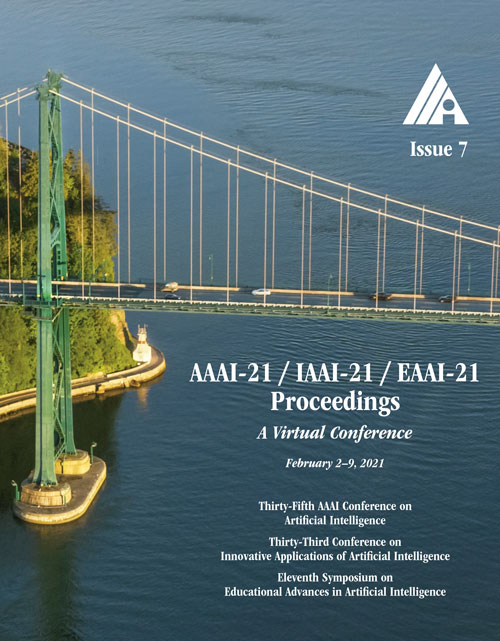Conditional Inference under Disjunctive Rationality
DOI:
https://doi.org/10.1609/aaai.v35i7.16774Keywords:
Nonmonotonic ReasoningAbstract
The question of conditional inference, i.e., of which conditional sentences of the form ``if A then, normally, B'' should follow from a set KB of such sentences, has been one of the classic questions of AI, with several well-known solutions proposed. Perhaps the most notable is the rational closure construction of Lehmann and Magidor, under which the set of inferred conditionals forms a rational consequence relation, i.e., satisfies all the rules of preferential reasoning, *plus* Rational Monotonicity. However, this last named rule is not universally accepted, and other researchers have advocated working within the larger class of *disjunctive* consequence relations, which satisfy the weaker requirement of Disjunctive Rationality. While there are convincing arguments that the rational closure forms the ``simplest'' rational consequence relation extending a given set of conditionals, the question of what is the simplest *disjunctive* consequence relation has not been explored. In this paper, we propose a solution to this question and explore some of its properties.Downloads
Published
2021-05-18
How to Cite
Booth, R., & Varzinczak, I. (2021). Conditional Inference under Disjunctive Rationality. Proceedings of the AAAI Conference on Artificial Intelligence, 35(7), 6227-6234. https://doi.org/10.1609/aaai.v35i7.16774
Issue
Section
AAAI Technical Track on Knowledge Representation and Reasoning

